Embracer Group recently reported a drop in net sales of 21 percent for its gaming division for the second quarter of 2024, while its entertainment sales dropped by ten percent. I don’t usually read too much into these figures because there are often a multitude of factors that go into business earnings, and while necessary, I find them to be the dullest part of discussing art. What I’m more interested in is where Embracer is putting the blame: at the foot of The Lord of the Rings.
Unlike a lot of people at TheGamer, I’m not a major fan of The Lord of the Rings. Or any type of fan, really. But I recognise it as a legendary series of novels and other writings that has inspired generations of fantasy storytelling, and has proven it can successfully transfer to other mediums like film and television. With its massive fanbase and rich history, it seems impossible to get LOTR wrong. And yet, at almost every turn, Embracer Group has.
Gollum Is Not The Only Problem
The obvious place to start is Gollum, but in a way that game was so bad it doesn’t seem like there was anything we can learn from it. Some overarching points, maybe – a lack of care for iconic characters, no quality control, no sense of pride in the role of stewarding these literary titans into the digital age… but the long and the short is that Gollum was completely rubbish.
The one thing you could pull from Gollum is the concept. I understand that seeing Gollum’s descent and his life away from meetings with key characters holds some appeal. Some others (many who were more dedicated fans) felt it took away his mystique, milking classic iconography without any reverence, and was filling in gaps deliberately left open to interpretation. This highlights the rocky ground any LOTR video game must walk on – retell the story and be accused of a lack of imagination, or do something new and be accused of rewriting Tolkien.
Some purists will say the solution then is to make no video games at all, as Tolkien’s work should be preserved as is, but that’s not a very realistic solution for an entertainment company who bought the rights specifically to make video games from it. And this is the crux of the matter – Embracer does not appear to have any affection for the property beyond cashing in. This is evident in Gollum, in its other games, and in LOTR’s future.
Lord Of The Rings Games Keep Getting It Wrong
One of the many, many, many problems with Gollum was that it didn’t seem to understand Gollum as a character, what his journey and motivation was, or why this concept was interesting. Though teased with the idea of choices between which side of himself to embrace, and consequences later on, this had limited bearing on the game for the few who managed to get far enough through it in the first place.
I felt similar when previewing Tales of the Shire. A dull farming sim about the life of a Hobbit, despite ‘going on an adventure’ seeming like a major draw of Hobbit life, it felt like a generic cosy game with Lord of the Rings loosely draped around its slow gameplay, carried by on the nose references even I understood. I wrote my preview tongue-in-cheek as an outsider to the fandom, putting on a playful ‘D’oh, what’s a Gandalf?’ affectation. It did not go down well with fans who did not appreciate the perspective of anyone other than a die-hard wearing elven blinkers. Let me tell you – when this game comes out, I won’t be the one you’re mad at.
Then again, games that embrace the lore don’t seem to get that right either – Return to Moria was praised in our review for its adherence to Tolkien’s work, but was criticised for pretty much everything else being flat and dull. Embracer Group has chased The Lord of the Rings through various different types of games, never going for the most obvious answer of a fantasy RPG, or returning to something like Shadow of Mordor. Instead, it bet big on an MMO, cancelled it, then after seeing business partner Amazon repeatedly floundering in the genre with short-lived victories that haven’t stayed the course, decided to bet big on a second one.
Will The Lord Of The Rings MMO Save Everything?
Maybe this MMO will be Amazon’s best. Maybe people will flock to it out of love for The Lord of the Rings, and stay with it thanks to the game’s quality. The track record has me doubting that, but maybe it will happen. If it does, it will be a victory for Embracer Group. But will it really be one for gamers, and for The Lord of the Rings?
MMOs, like The Lord of the Rings, aren’t really for me, so I don’t want to be snobby about it. It’s a popular and successful genre, and has been for decades. But I can’t help but feel Embracer isn’t particularly interested in the history of MMOs, or the playerbase, or even LOTR’s suitability. The scattershot tactic of lots of indie games with no real identity or guidelines has been replaced by a bumper investment in a potential cash cow. If it succeeds it will be through luck and the power of IP alone.
What Embracer really needs is some parameters on what LOTR is to it, and what makes an LOTR game. They don’t need to cross reference each other in an extended universe, but there should be parts of Tolkien’s work they all respect, and design ideas that hold ‘an Embracer LOTR game‘ together. While I feel the obvious answer is an action RPG that mimics the heroic themes, that’s not the only way to make a Lord of the Rings game. But as far as audiences, profit, and Tolkien fans go, Embracer’s current way is all wrong. I don’t care about the company’s profits, but I hope it turns things around soon for LOTR’s sake.
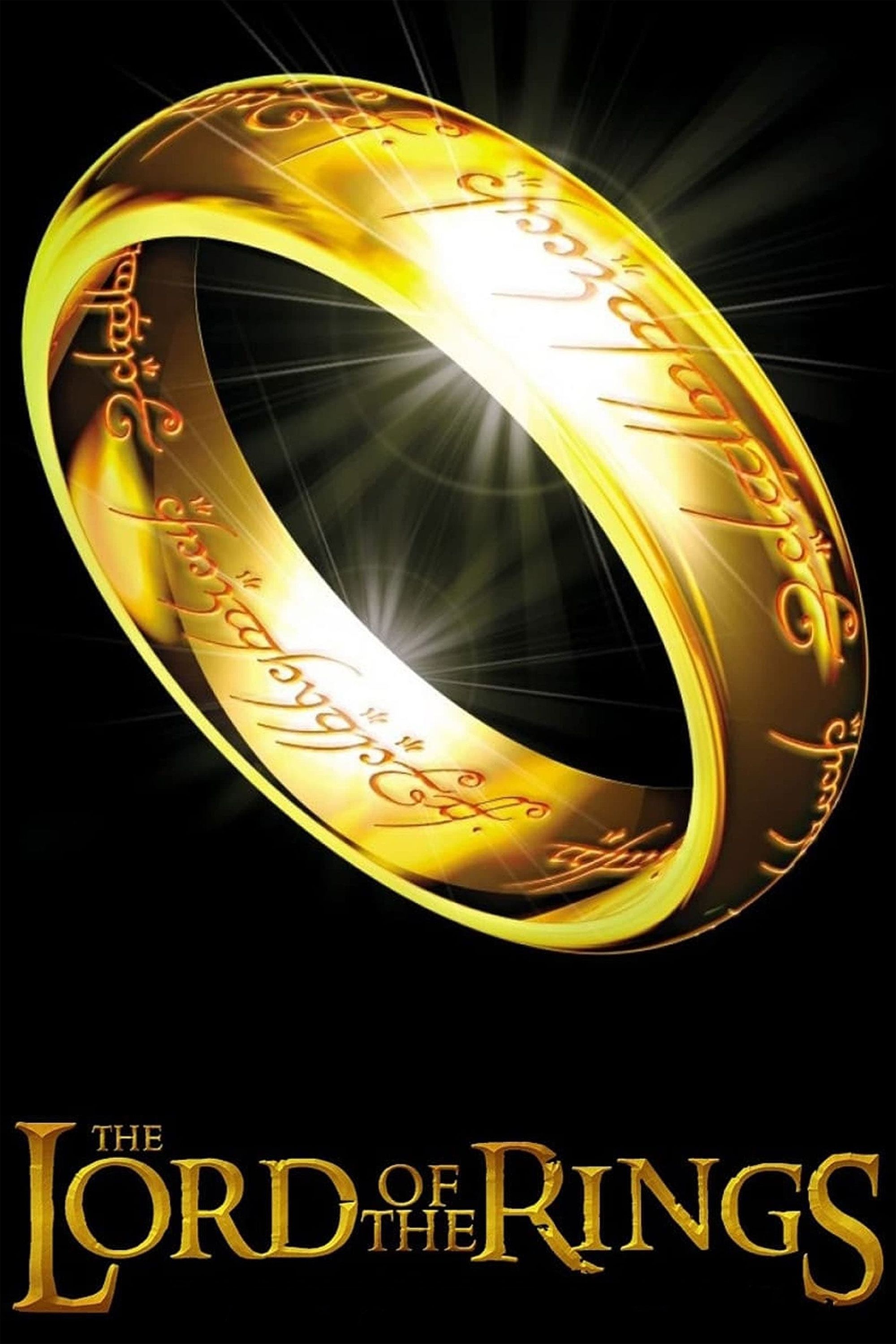
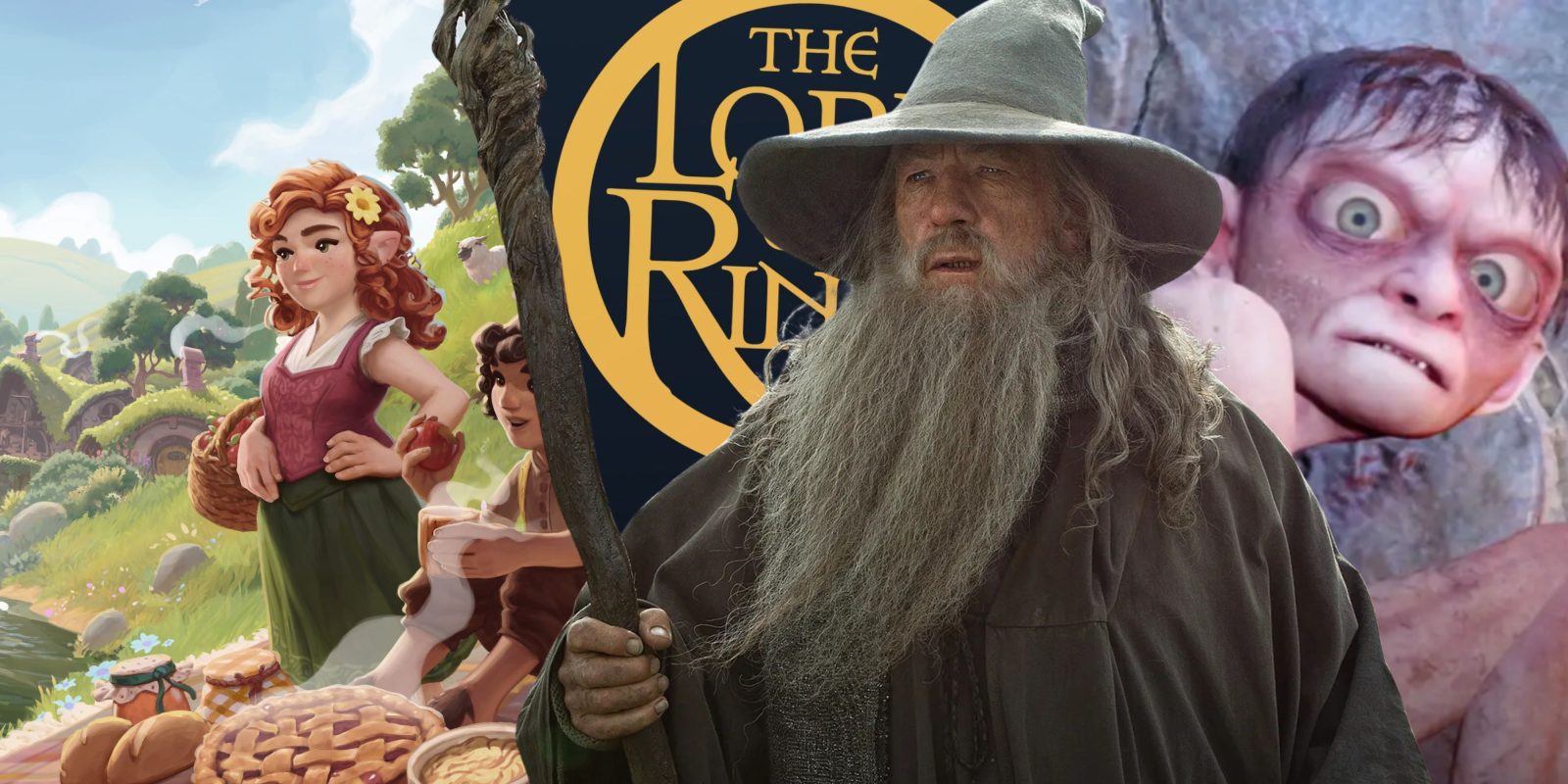

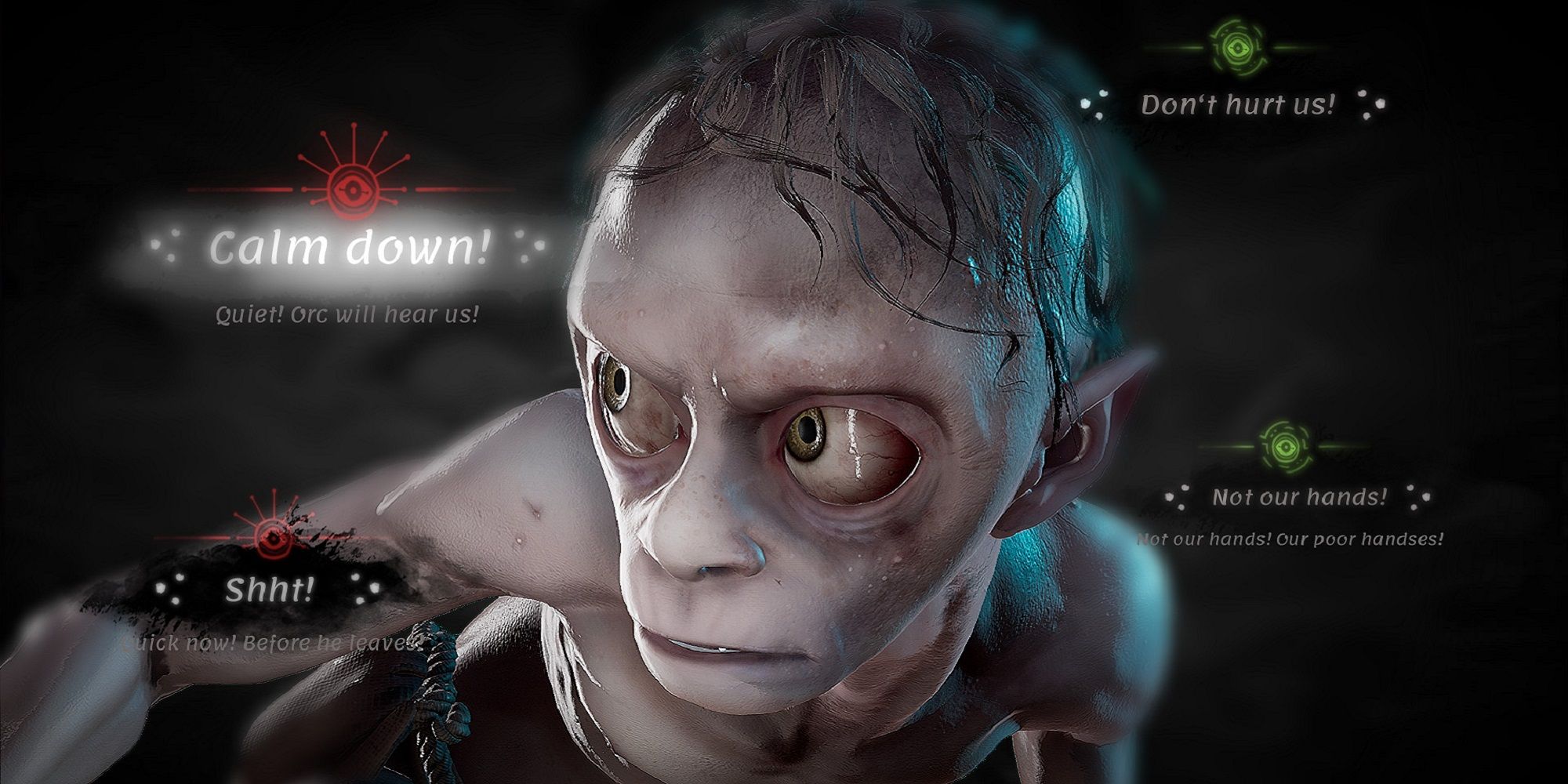
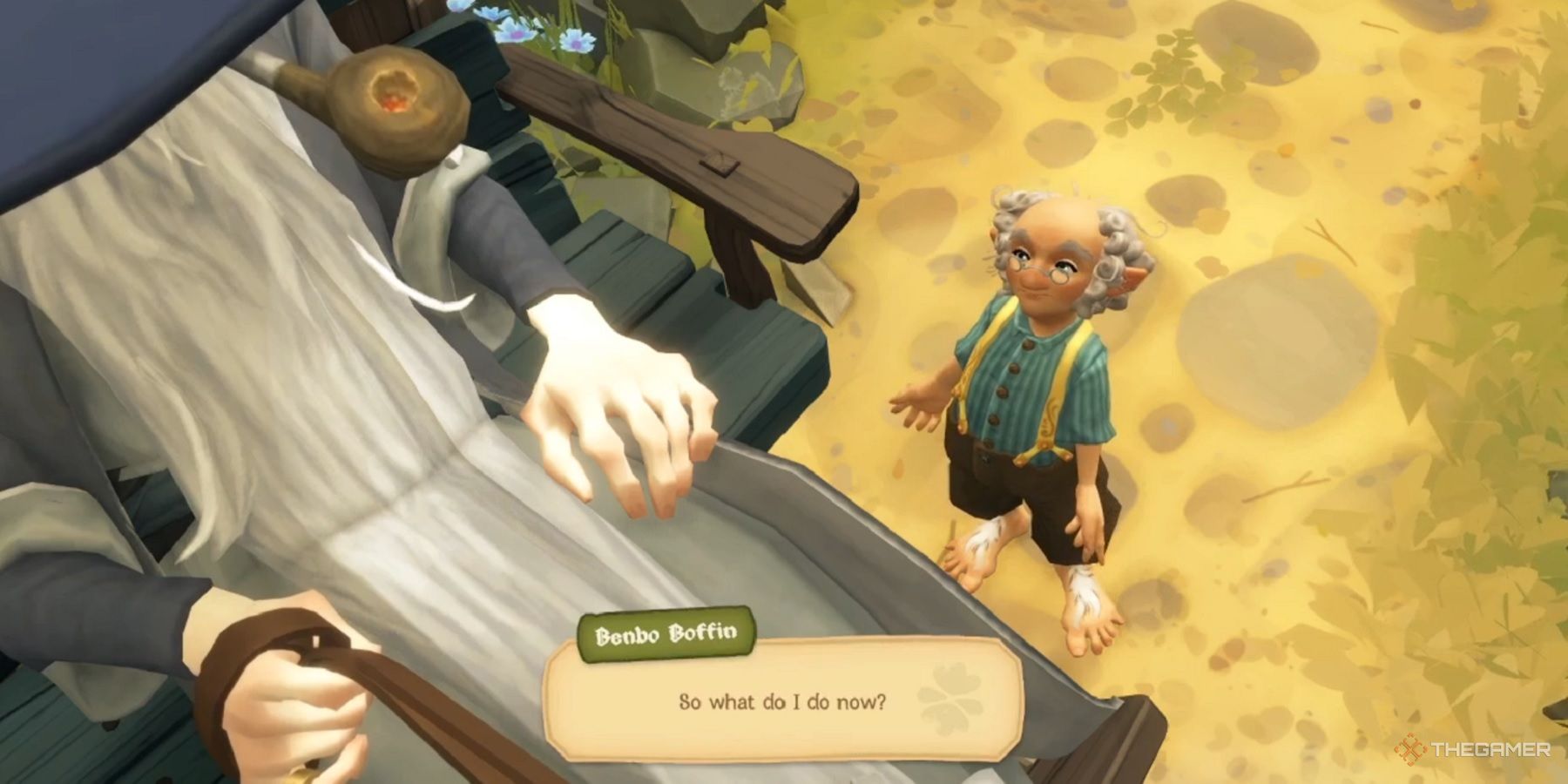
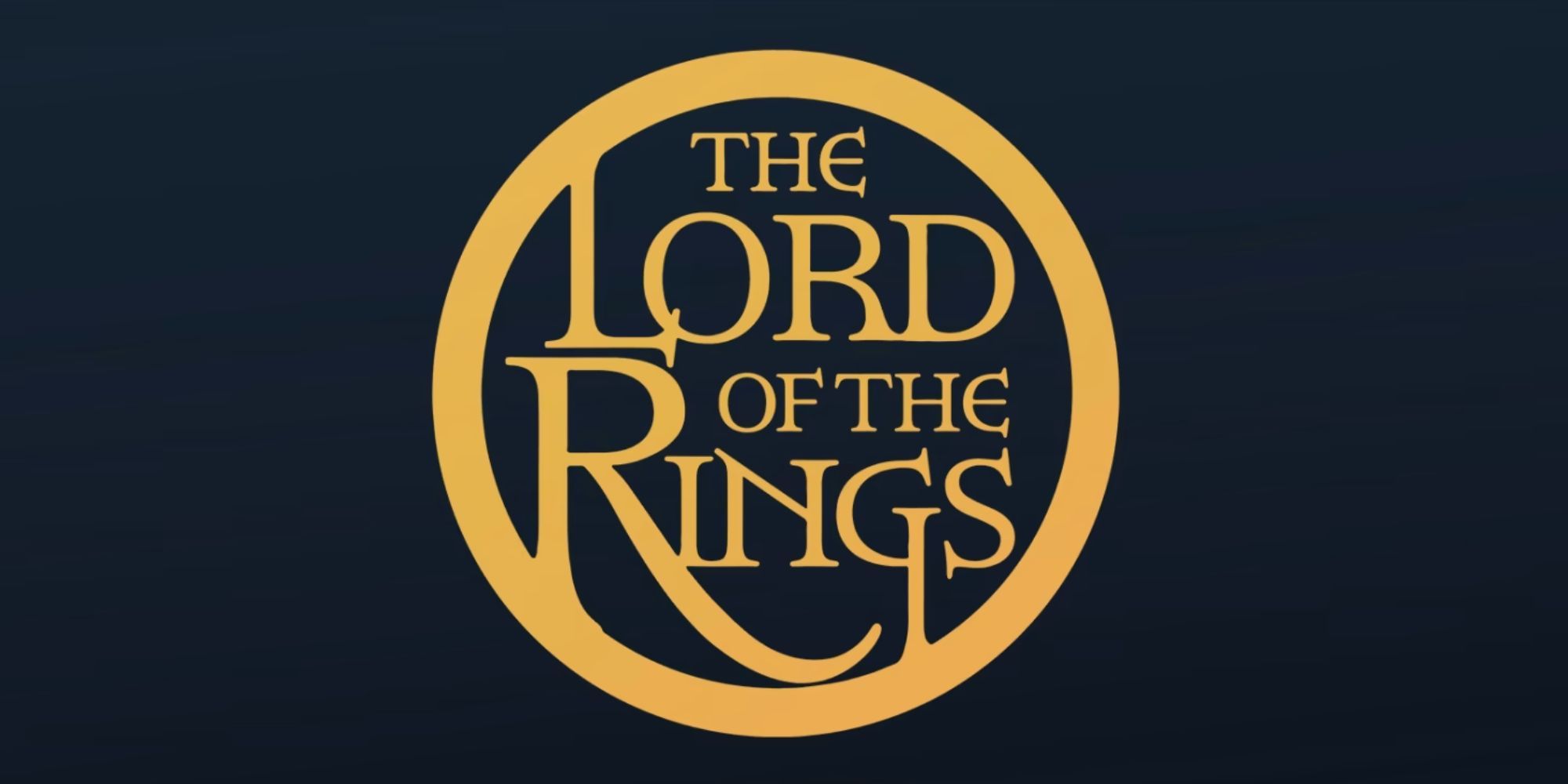


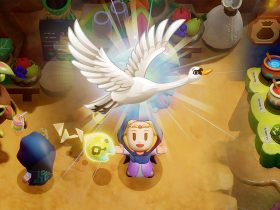







Leave a Reply